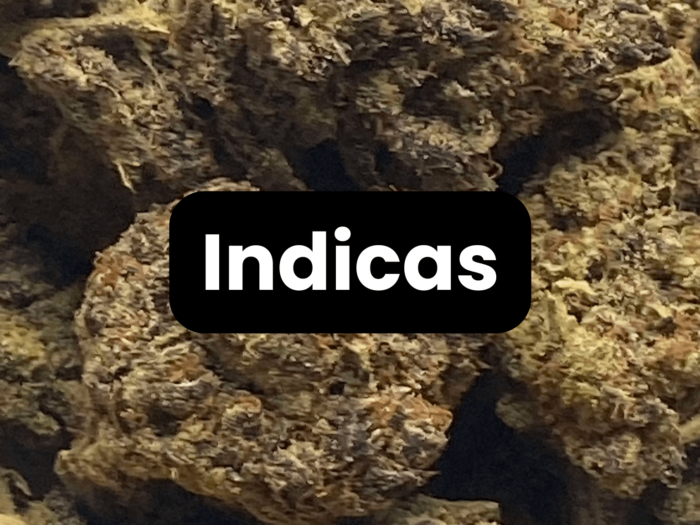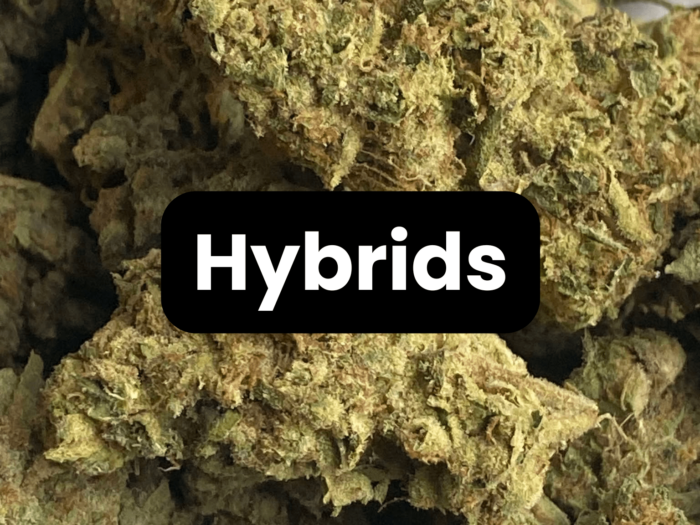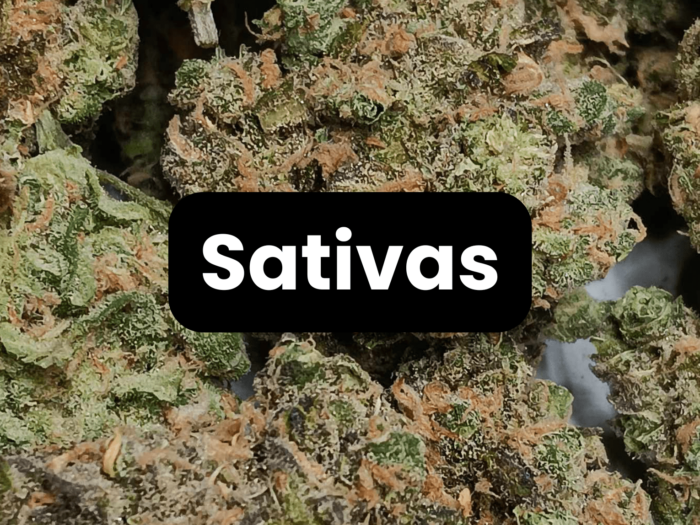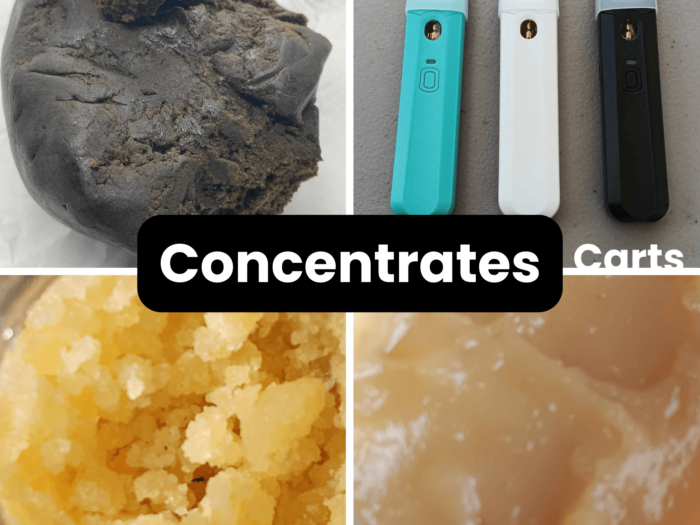ANNOUNCEMENTS:
The Green Gathering at 420 Dayton ( 1040 East First Street Dayton OH 45402 ) happens this Saturday June 14, 2025!!! We hope to see you all there!

We invite you to explore our shop:
Small Family Owned Business
Cannabuyit recreational dispensary in Dayton Ohio is a family-owned cannabis company and recreational dispensary, driven by a passion for providing high-quality products that our customers can trust. Every item we offer is carefully chosen to ensure it meets the highest standards of quality, consistency, and safety.
Our mission is simple: to create a positive, welcoming experience for every customer. We’re not just here to sell cannabis – we’re here to build relationships, offer guidance, and provide products that support your wellness and relaxation.
Thank you for supporting our family business. We’re honored to be a part of your journey and are committed to serving you with the care you deserve.

Delivery FAQ:
1. What are your delivery hours?
- All delivery orders should be placed by 6:30 PM every night
- Orders placed after hours or on Sundays will be delivered the following day.
2. How long will it take for my delivery to arrive?
- Typically, your delivery will arrive on the same day, usually within 2 hours of your order. However, delivery times may vary depending on factors such as order volume, traffic, or weather conditions.
3. What happens if I’m not available when the driver arrives?
- It’s important to be available at the time of delivery. If you’re unavailable, you’ll be charged an extra fee for a failed delivery attempt, or you will need to pick up your order at our location.
- If you know you won’t be home, we recommend arranging for someone else to be available to receive the delivery.
- If you’re unable to be home and need to reschedule, you can call us at 937-542-1232 to arrange a new delivery time.
4. Can I place an order outside of delivery hours?
- Orders placed after hours or on Sundays will be delivered the next day. Be sure to place your order before the cutoff time for same-day delivery.
5. What do I need to show to accept the delivery?
- You must be 21 or older to receive a delivery. A valid ID will be required to verify your age.
- An adult (21 or older) must be present to accept the delivery, and they must show the valid ID to the driver at the time of delivery.
6. Can I change the delivery time or location after placing my order?
- Once your order is placed, we cannot guarantee any changes to the delivery time or location. Please double-check your details before confirming your order.
- If you know you won’t be available at the scheduled time, you can call us at 937-542-1232, and we’ll do our best to accommodate your request and reschedule the delivery.
7. What if my delivery is delayed or late?
- While we strive to deliver within 2 hours, delays can occasionally occur due to heavy demand, traffic, or weather conditions. If your delivery is delayed, we will do our best to keep you updated.
8. Do you deliver to my area?
- We deliver within a 10-mile radius of 1040 East First Street, Dayton, OH 45402. When you enter your zipcode at checkout, our system will automatically update to “Delivery” if you’re within the delivery range.
- If you’re outside of this area, your order will be shipped and will go out ASAP. Feel free to contact us if you have any questions or concerns regarding shipping.
9. How do I pay for my delivery?
- All orders must be paid online to receive delivery. Payment must be completed at checkout.
10. Can I tip the driver?
- While tipping is not required, it is greatly appreciated! If you’d like to tip your driver, please have cash available at the time of delivery.
11. Do you offer contactless delivery?
- We do not offer contactless delivery. An adult 21 or older must be present to receive the package and verify their age with a valid ID.
12. What happens if I accidentally miss my delivery?
- If you’re not available when the driver arrives, a second attempt can be scheduled for an additional fee. You may also opt to pick up your order at our location.
If you have any other questions or need further assistance, don’t hesitate to contact us. We’re here to make your delivery experience as smooth and convenient as possible!
Our Hours
Monday: 11am – 7pm
Tuesday: 11am – 7pm
Wednesday: 11am – 7pm
Thursday: 11am – 7pm
Friday: 11am – 7pm
Saturday: 11am – 7pm
Sunday: CLOSED






